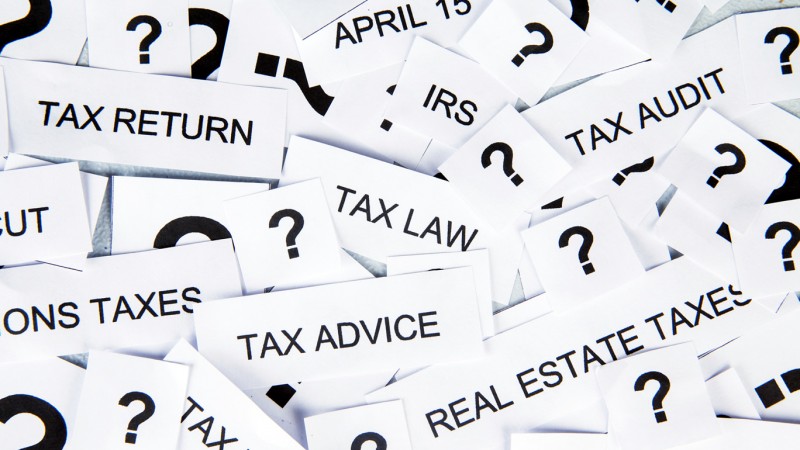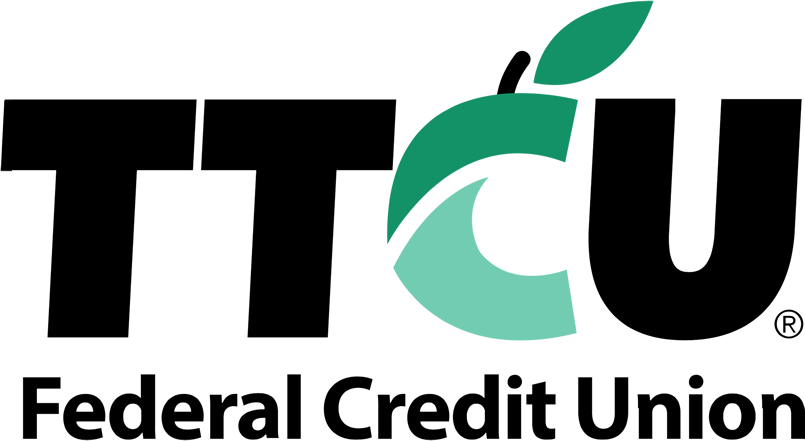It's Tax Time! Check Out These Tips
- Details
- Written by Remar Sutton
- Category: Articles

It's tax time. This year your federal income tax return for 2019 is due on Wednesday April 15, 2020. The following tips can help you with filing your taxes for free, choosing a tax preparer, getting help, tracking your refund, working in the gig economy, and watching out for scams.
According to the IRS, most taxpayers can do their federal and state tax returns online for free through Free File.
File Your Taxes for Free
According to the IRS, most taxpayers can do their federal and state tax returns online for free through Free File. You are eligible to use Free File online products, if you make less than $69,000 a year. You will need to review the various options carefully as the eligibility requirements vary by company. If your income is higher, Free File fillable forms are available but you must know how to do your own taxes.
Another option is MyFreeTaxes.com provided by United Way. It doesn't have any income level restrictions but you can't use it if you need Schedules C (profit/loss from business), D (capital gains/losses), or E (supplemental income/loss). It uses a version of H&R Block's software.
Using a Tax Preparer
Since you are responsible for the information on your tax return, you should choose your preparer carefully. A paid tax preparer must be registered with the IRS and have a Preparer Tax Identification Number (PTIN). Check out their qualifications, including experience and training. These tips from the IRS can help you choose a preparer.
Tax Help
Free tax help is available from IRS-certified volunteers through the Volunteer Income Tax Assistance (VITA) and Tax Counseling for the Elderly (TCE) programs. You may qualify for the VITA program if you make less than $56,000, have a disability, or speak limited English. The TCE program specializes in questions about pensions and retirement-related issues. This IRS article has more details.
Refund
The fastest way to receive your refund is to file electronically and choose to have it deposited directly into your account. The IRS will deposit your refund in up to 3 accounts. Most refunds are issued in less than 21 days. You can track your refund using the Where's My Refund? tool on the IRS website or in the IRS2Go app.
Gig Economy
Do you earn income through on-demand work? On-demand work includes driving for ridesharing or delivery services, running errands, renting out property, and other activities that are often booked through an app or website. Then you are part of the gig, sharing, or access economy and probably owe taxes on that income. To help you understand what you need to do, the IRS has setup the Gig Economy Tax Center.
Scams and Fraud
Tax season is a favorite time for scammers to target individuals and businesses though tax scams appear throughout the year. Tax scams take many forms including phishing, identity theft, return preparer fraud, inflated refund claims, and IRS impersonation. For details about these scams, check out this list from the IRS and the 2019 Dirty Dozen.
Remember that the IRS does not initiate contact through email, text messages or social media to request personal or financial information. Here are tips to help you determine if a contact is legitimate.













